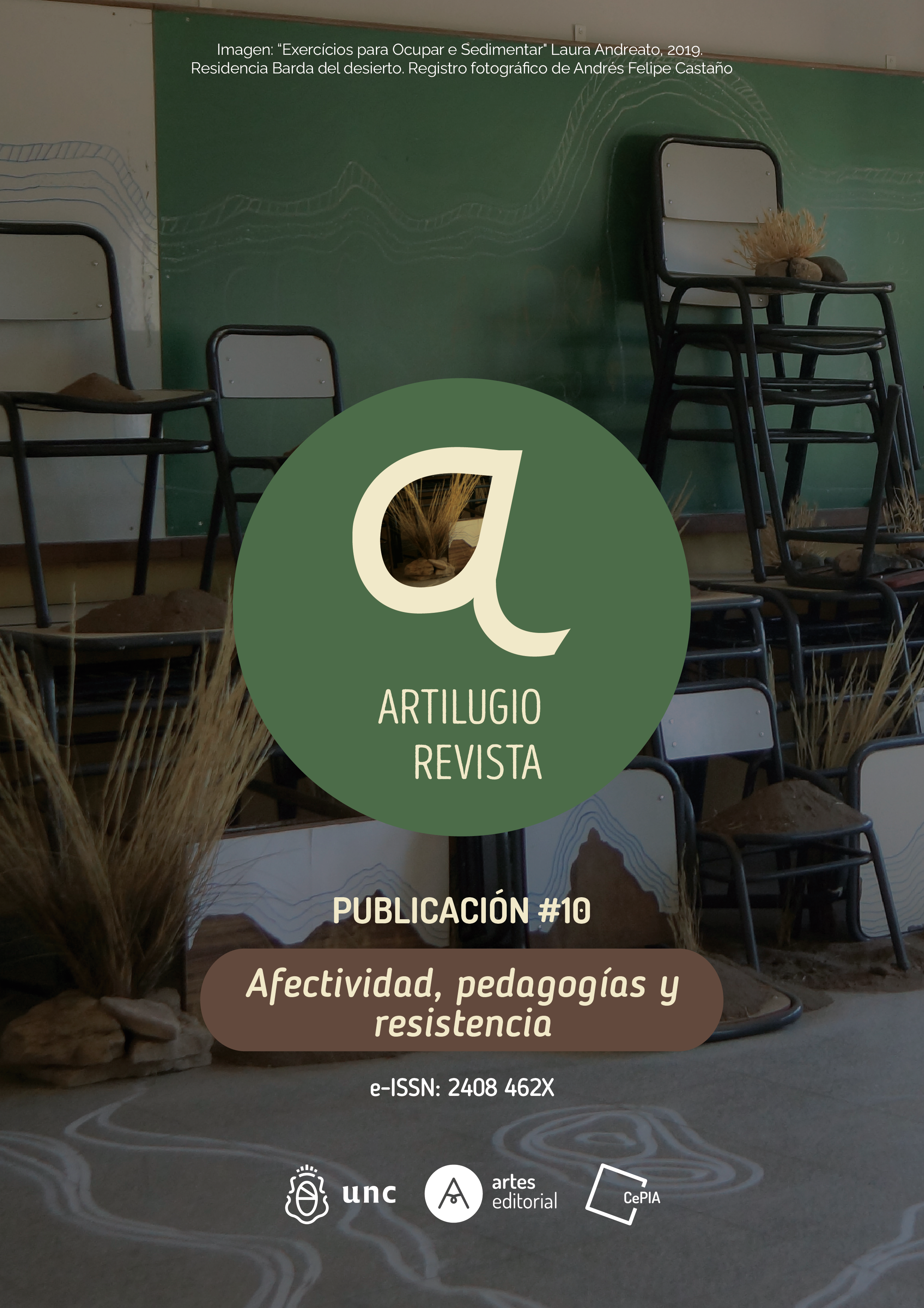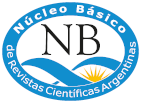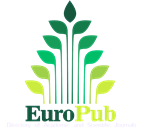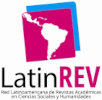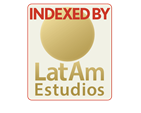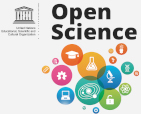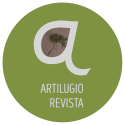As if the purpose were to talk. Tensions between artistic and university imaginaries
DOI:
https://doi.org/10.55443/artilugio.n10.2024.46275Keywords:
university, art, conversation, virtualityAbstract
On different occasions, university art education has been involved in debates about its own models. In this regard, the aims, methodologies and evaluation systems are discussed, resulting in the development of different plans and programs. To address these matters, in September 2023, at the XXVI Jornadas de Investigación en Artes at the Centro de Producción e Investigación en Artes (CePIA), of the Facultad de Artes of the Universidad Nacional of Córdoba (Argentina), a round table or conversation was held under the title “Tensions between artistic and educational imaginaries in the university context.” In this context of exchanging of teaching and research experiences, I shared some insights based located in the Facultad of Bellas Artes of the Universidad Complutense of Madrid. This text groups the notes presented at that meeting into three sections: 1) university assignments in European modernity and some current considerations; 2) the names and roles of the people who participate in the teaching and learning process in a context of apparent depersonalization; and 3) the task of opening spaces for conversation.
Downloads
References
Brea, J. L. (2004). La universidad del conocimiento y las nuevas humanidades. Estudios visuales, 2, pp: 133-154.
Derrida, J. (2002). Universidad sin condición. Madrid: Trotta.
Efland, A. D. (2002). Una historia de la educación del arte. Tendencias intelectuales y sociales en la enseñanza de las artes visuales. Barcelona: Paidós.
Floridi, L. (2015). El Manifiesto onlife. El ser humano en la era de la hiperconexión. SpringerOpen.
Garcés, M. (2016). Fuera de clase. Textos de filosofía de guerrilla. Barcelona: Galaxia Gutenberg.
Han, B. Ch. (2015). La sociedad del cansancio. Barcelona: Herder.
hooks, b. (2022). Enseñar pensamiento crítico. Barcelona: Rayo verde.
Larrañaga, J. (2017). De la obra a la multiplicidad. Sobre la investigación universitaria en arte. Ciudad de México: Cuadernos del piso siete.
Meirieu, P. (2013). Carta a un joven profesor. Por qué enseñar hoy. Barcelona: Micro-Macro Referencias.
Ortega y Gasset, J. (2007). Misión de la Universidad. Madrid: Biblioteca Nueva.
Rancière, J. (2003). El maestro ignorante. Barcelona: Laertes.
Recalcati, M. (2016). La hora de clase. Por una erótica de la enseñanza. Barcelona: Anagrama.
Downloads
Published
Issue
Section
License
Copyright (c) 2024 José Enrique Mateo León

This work is licensed under a Creative Commons Attribution-NonCommercial-ShareAlike 4.0 International License.

